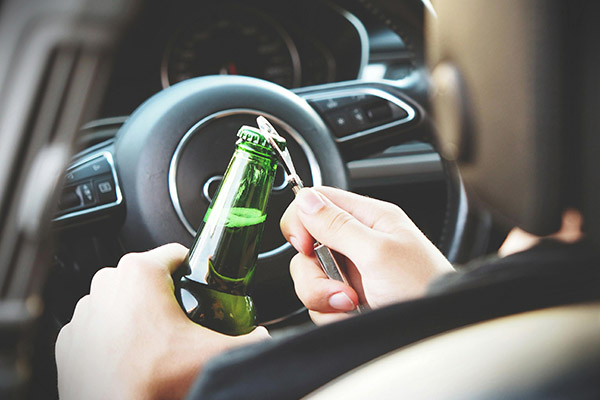Massachusetts has some of the strictest laws regarding Driving Under the Influence (DUI) in the country, which is also referred to as Operating Under the Influence (OUI) in the state. It may also referred to as Operating While Intoxicated (OWI). Here are some key points regarding Massachusetts DUI laws:
- Blood Alcohol Concentration (BAC) Limit: In Massachusetts, the legal limit for blood alcohol concentration (BAC) is 0.08% for drivers who are 21 years old or older. For drivers under 21, there is a zero-tolerance policy, meaning any measurable amount of alcohol in their system can result in penalties.
- Implied Consent: By driving on Massachusetts roadways, individuals implicitly consent to chemical testing (blood, breath, or urine) if they are lawfully arrested for OUI. Refusing to take a chemical test can result in automatic license suspension and other penalties.
- Penalties: Penalties for DUI/OUI offenses in Massachusetts vary depending on factors such as prior offenses, BAC level, and whether there was property damage, injury, or death involved. Penalties may include fines, license suspension or revocation, mandatory alcohol education programs, community service, and even jail time. Repeat offenders face increasingly severe penalties.
- Ignition Interlock Devices (IIDs): Massachusetts may require the installation of Ignition Interlock Devices for certain OUI offenders, especially repeat offenders or those with particularly high BAC levels. These devices prevent a vehicle from starting if the driver’s BAC is above a certain limit.
- Underage DUI: Massachusetts has a no-tolerance policy for underage drinking and driving. Minors caught driving with any measurable amount of alcohol in their system can face license suspension, fines, and other penalties.
It’s important to note that laws can change and each situation can be handled uniquely, so for the most up-to-date and accurate information regarding Massachusetts DUI laws and/or advice on your particular situation, it’s recommended to contact a licensed attorney who specializes in DUI cases.
